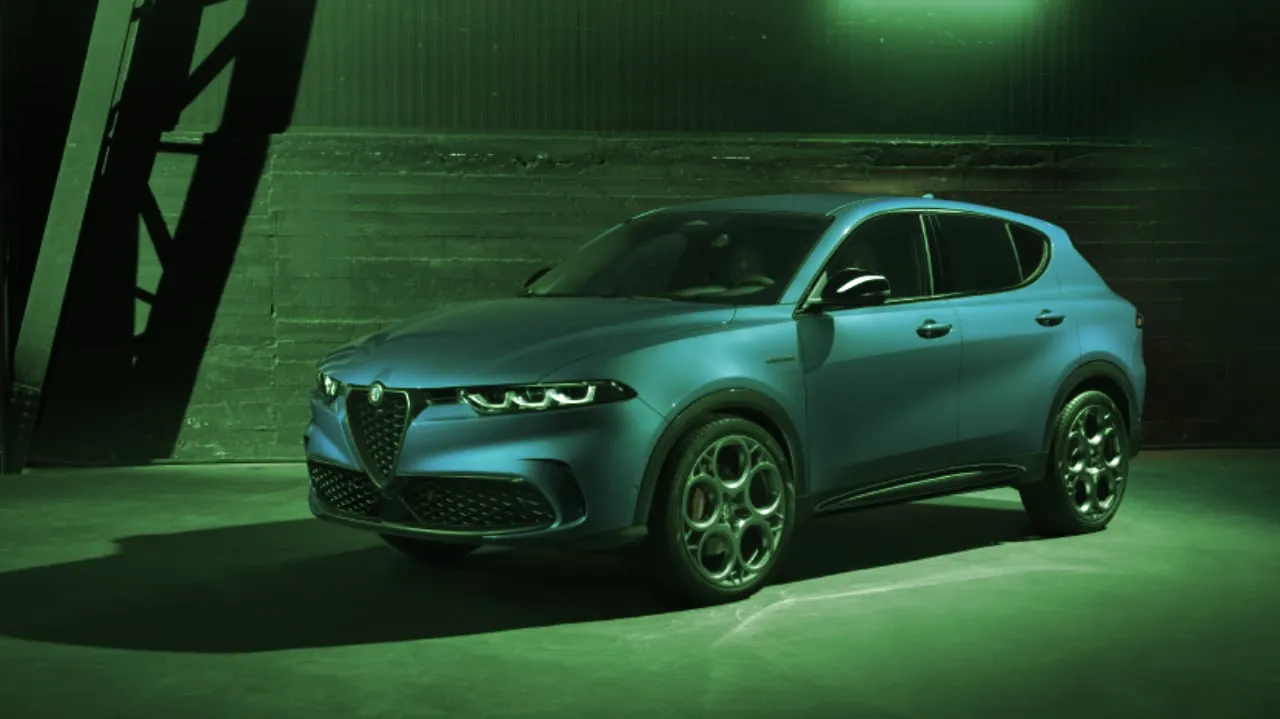Italian car manufacturer Alfa Romeo has announced that its new Tonale SUV will come equipped with a non-fungible token (NFT) certificate that tracks the car's vehicle data history and maintenance record.
In a press release, the automaker, part of the Stellantis group, claimed that it was the first vehicle manufacturer to link a car with an NFT digital certificate, which provides a "confidential and non-modifiable record of the main stages in the life of an individual vehicle."
Describing it as the "first application" of NFTs in the automotive world, Daniel Tiago Guzzafame, head of Alfa Romeo products, explained in a launch video that the token "registers the uniqueness of the vehicle and the data you select, generating blockchain-guaranteed certification of the car's life record."
With the owner's consent, the NFT will record vehicle data when serviced by a certified Alfa Romeo dealer, creating an immutable service log that, the company claims, "can be used as a guarantee of the car’s overall status, with a positive impact on its residual value."
Effectively, it's a digital equivalent of the logbook and dealer stamps that currently track a car's maintenance history. The idea is that when the vehicle comes to be sold, the NFT certification will represent "an additional source of credibility for owners or dealers to count on," while prospective buyers will be "reassured."
The NFT certificate is just part of the Tonale SUV's suite of technology, including options for hybrid and plug-in hybrid engines and an infotainment system featuring Amazon Alexa.
NFTs get practical
While art NFTs have dominated much of the conversation around non-fungible tokens, the technology has plenty of applications beyond the art world. Last year, soccer team Dynamo Kyiv began selling match tickets as NFTs, while some researchers have experimented with publishing academic papers as NFTs. And way back in 2019, the UK's HM Land Registry explored the possibility of using NFTs to track property sales.
The auto industry has also been exploring the wider possibilities of blockchain technology for several years; the Mobility Open Blockchain Initiative (MOBI), formed in 2017, counts BMW, General Motors, Groupe Renault, Ford, Honda and Hyundai among its members. The consortium aims to create blockchain-based standards for vehicle identification in order to build "more efficient, equitable, decentralized, and sustainable" transport solutions.

